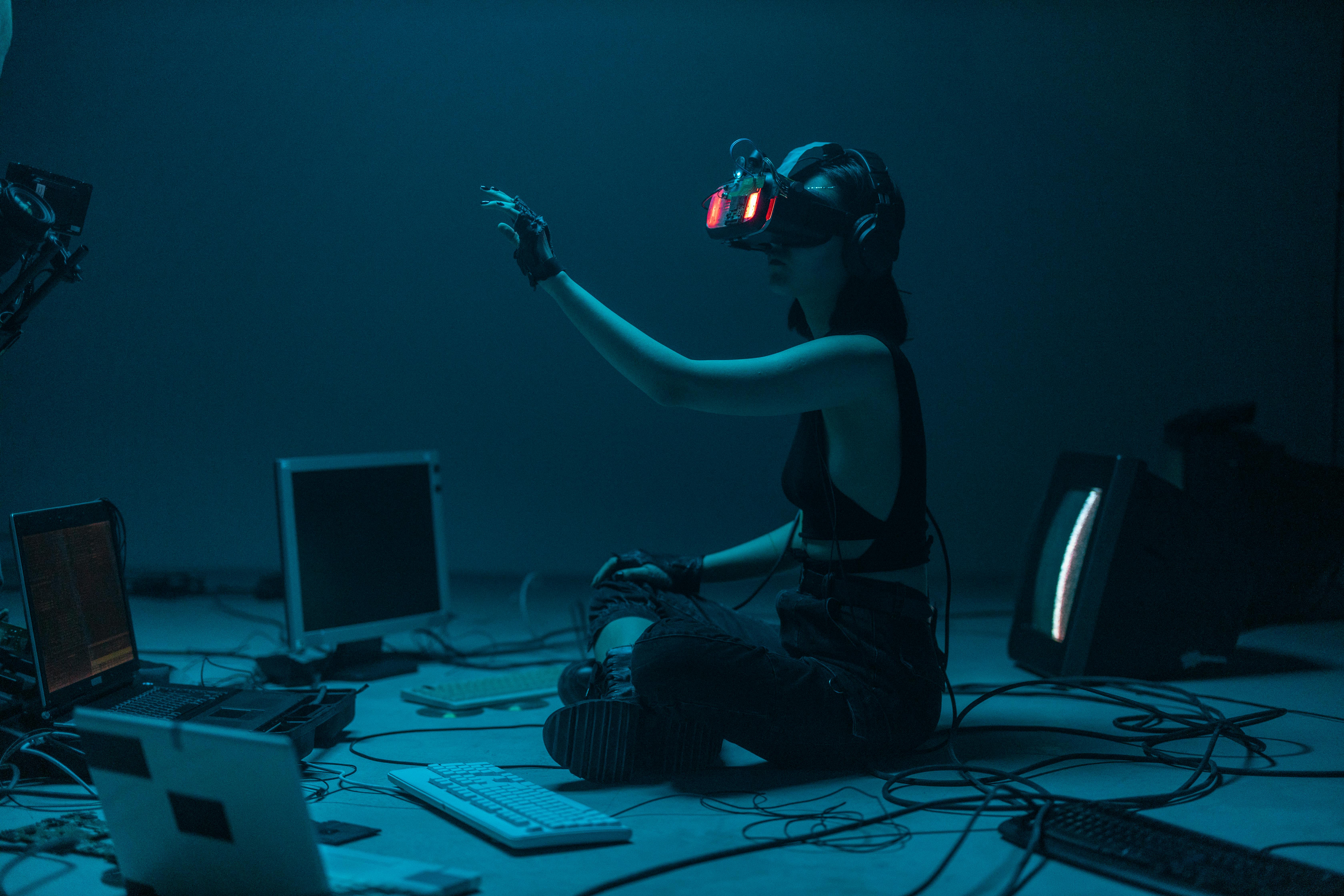Analyzing the Evolution of ChatGPT's Capabilities: A Shift in Intelligence?

In recent years, the significant advancements in AI technology have led to the innovation of intelligent chatbots like GPT-3 and ChatGPT. They have improved user interactions with the digital world, helping firms serve their clients more seamlessly and reliably. However, a thought-provoking question has continually surfaced in the tech fraternity: "Is ChatGPT becoming less intelligent?" To comprehensively answer this question and alleviate any concerns, it is essential to explore the technology's development, structure, functionality, potential limitations, and future prospects.
A Deep Dive into the Core Structure of ChatGPT
Contrary to common misconception, chatbots like ChatGPT don't store information or adapt intelligently over time like humans. VC-backed tech companies like OpenAI spearhead the development of ChatGPT. It comprises a language model, GPT-3, which only estimates probabilities. As a statistical language model (SLM), ChatGPT does not have the cognitive ability to understand, learn, or remember user inputs from previous interactions.
Essentially, the model uses a lot of data to predict upcoming words in a line of text, focusing on the phrases', or tokens', likelihood instead of a specific word. It creates predictive patterns based on probabilities, allowing it to generate human-like responses, making the interaction seem more natural and less robotic.
The Perception of Decreased Intelligence in ChatGPT
Certain misconceptions may lead to the perception that ChatGPT is becoming less smart. The most notable cause is anthropomorphizing, the act of attributing human characteristics to non-human entities. Users tend to assign human-like intelligence to AI models, overlooking the fact that they are fundamentally machines without consciousness.
AI models accomplish tasks based solely on pre-existing programming and react based on the data received. Unlike human beings, they cannot learn, adapt or acquire new capabilities independently. Thus, when the text generator seems to get conversations wrong or repeats lines, it may appear 'dumber.' However, these are limitations of its programming rather than evidence of declining intelligence.
Understanding the Potential Limitations of ChatGPT
Frustration can stem from chatbot conversations when the AI responds incoherently or talks about matters it was never trained to handle. These instances are typical and inherent in any AI's functioning, though they can create misperceptions about the tool's intelligence.
The data the model generates is a mere approximation built on existing knowledge about language structures and illustrative examples. It generates its responses based on a vast pool of text obtained from the internet and other resources. Hence, it may occasionally give incorrect or irrelevant responses. Remember, these inconsistencies don't indicate a decline in intelligence but showcase the complexities of artificial intelligence.
Future Implications for ChatGPT and Similar AI Models
Despite current limitations, the prospects for ChatGPT and other AI models are highly promising. Continuous upgrades and regular fine-tuning are integral to AI development, meaning these models are technically 'evolving' rather than 'devolving.'
Investments in AI technology are rapidly increasing, making it more advanced and reliable. By continually learning from past errors and implementing improvements, developers ensure that the system approximates human conversation even more accurately. This progress is beneficial for diverse sectors, particularly in customer service, healthcare, and education, where interactive technology plays a critical role.
In summary, the assertion that ChatGPT or other AI models are 'getting dumber' is fundamentally flawed. Discrepancies, inaccuracies, or repetitive texts may occasionally lead to the perception of diminished intelligence in AI bots. However, these are not indicative of a decline in machine intelligence; rather, they represent systemic limitations. With advancements in AI technology showing no signs of slowing down, the future promises to be exciting for this pioneering chatbot and its potential applications.



